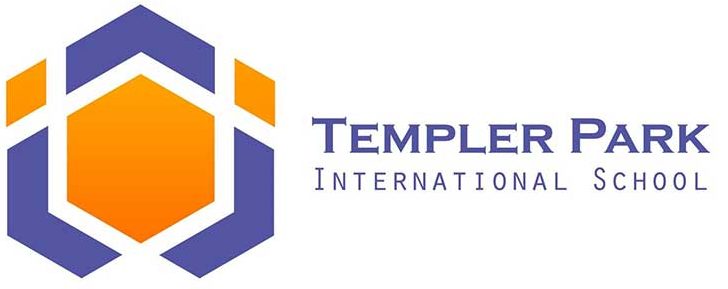1
Templer Park International School Rawang recognizes the challenges and pressures on students as they enter the final years of secondary education. Students are expected to prepare for the IGCSE subject-specific exams and university admissions, while also making important life choices. We are dedicated to providing both academic and advisory support for our students. In the final stages of the Cambridge Pathway, TPIS helps students prepare for the future.
TPIS is committed to facilitating success in the International General Certificate of Secondary Education (IGCSE) assessments by offering nearly twenty subjects as part of our regular course offerings, and by facilitating special subject exams upon request. In upper secondary, students are expected to study for eight exam subjects over a two-year period depending on academic and career interests. While English, either as a first or second language, and Mathematics, are compulsory, students can choose an additional four or five subjects, according to their chosen stream. Students also have the option of choosing one subject that is not in their stream. Each course requires approximately 150 hours of study over the two-year preparatory course.
Our qualified teachers are devoted to bringing about positive outcomes. Focusing on subject content, understanding, applied knowledge, intellectual enquiry, and English fluency, we aim to position students to succeed to the best of their abilities.
Cambridge Lower Secondary students are typically eleven to fourteen years-old. Building on the foundations of Cambridge Primary, the Lower Secondary provides a natural progression on the Pathway to Upper Secondary.
Our Curriculum offers a number of core classes such as English, Mathematics, Science and ICT. Students are also expected to take a number of TPIS courses, such as History, Geography, a Second Language (Mandarin, Malay Language, Arabic) Arts & Crafts, and Physical Education.
As students complete the Lower Secondary programme, they may elect to take Cambridge Checkpoint Assessments in order to identify students’ strengths and weaknesses. The Checkpoint Assessments are externally benchmarked tests, meant to test skills, knowledge and understanding in English as a First or Second Language, Mathematics, Science and Global Perspectives. Checkpoint Assessments are optional, and are only meant to provide feedback for students and parents.
2
TPIS’s Curriculum Framework provides leadership, promotes creativity, stimulates innovative thinking and communicative skills, while also reinforcing academic literacy and practical study competencies. TPIS aims to kindle minds and encourage higher order critical thinking. Students are encouraged to consider social problems and issues, and formulate their own views.
Cambridge Lower Primary begins in Grade 1 and ends after Grade 3 and Cambridge Upper Primary starts in Grade 4 and ends after Grade 6.
The core focus of our Primary programme is to develop literacy, foster growth and understanding, and lay the foundations for scholastic competence and interpersonal communication. Young learners are highly experiential and hands-on, and thus, our teachers balance student-centred activities with teacher-centred lessons using a number of traditional strategies and constructivist approaches such as project-based learning, inquiry-based learning and Content Language Integrated Learning (CLIL).
Our teachers recognize that every student brings both natural competencies and challenges, and that we must balance the needs of individuals and the group. This is why we have developed the TPIS Curriculum upon the core Cambridge Primary foundational subjects of English, Mathematics, Science and ICT, and also offer a wide range of other classes that give students opportunities for learning and growth.
Beyond the Cambridge Core, we offer a second language (Mandarin or Malay Language), Social Studies, Music, Arts & Crafts, and Physical Education.
In addition to our regular coursework, our TPIS program focuses on interpersonal competencies, behaviour and transformational growth across the domains of health, society and culture, economics, arts, literature and communication.
Our Social Club program provides additional opportunities for students to explore and collaborate with peers in special-interest related activities. Students can be involved in Clubs such as Cooking, Sports and Fitness, Martial Arts, Dance, Choir and many others.
We approach Primary School from a growth perspective, and recognize that these are the formative years for students. TPIS understands the academic and moral dimensions of building core literacy, individual competency and self-confidence through social activities.





